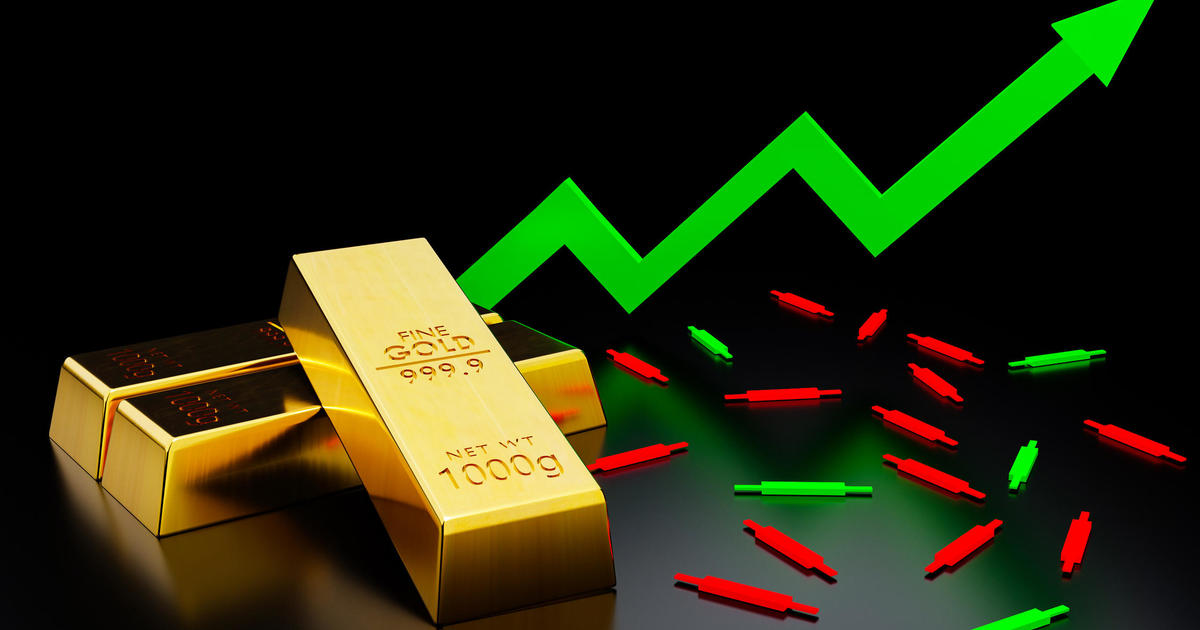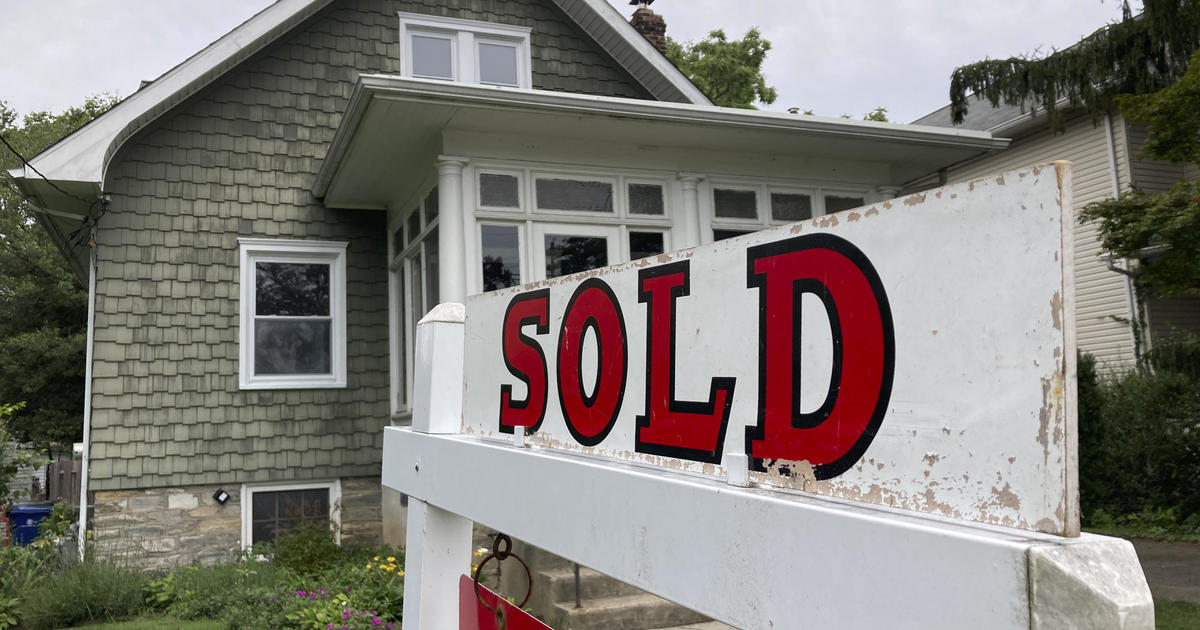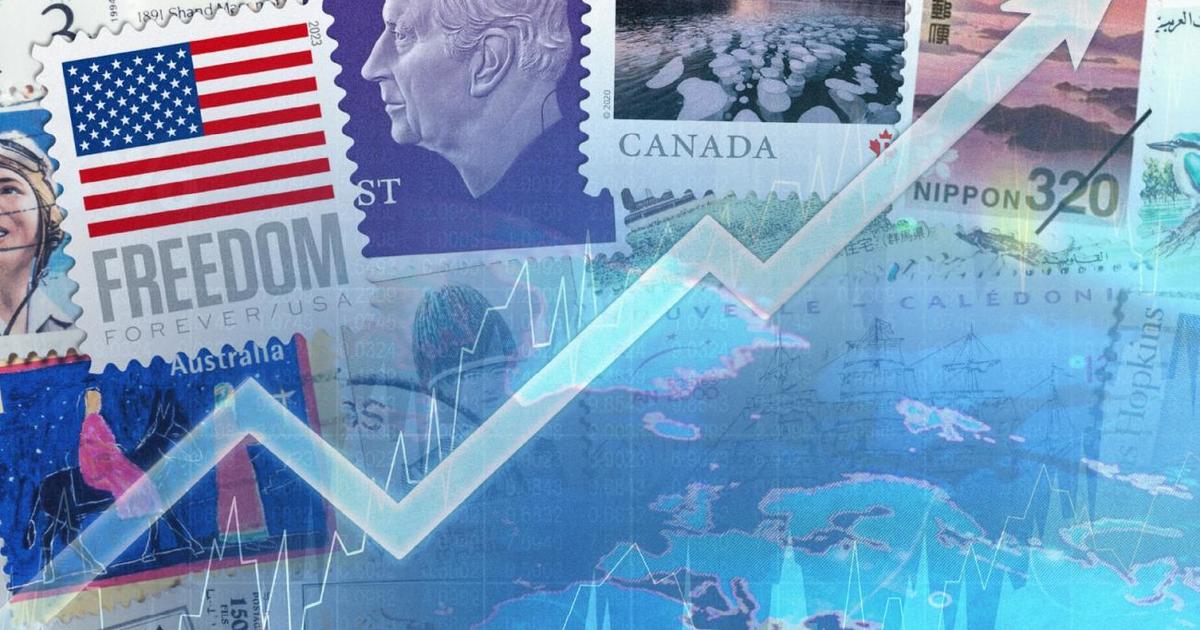What determines the price of gas? Here's some crude math
When global oil prices surged 15% immediately after last weekend's missile attack on Saudi Arabian oil fields, U.S. gas costs jumped 10 cents a gallon — the biggest spike since Hurricane Harvey shut down refineries in Louisiana and Texas in 2017.
Experts say motorists should expect higher prices at the pump for the next few weeks. What's harder to calculate: How much higher Americans' fuel costs could climb.
"A lot of factors prohibit an accurate equation of what gas prices should be if oil is 'X'," said Patrick DeHaan, head of petroleum analysis for Gas Buddy. "They include the time of year, demand and what part of the country you're in. There are a lot of little nuances that can be reflected in prices."
So what factors do dictate the price of gas? The biggest by far, as the Saudi attack showed, is the cost of crude in global energy markets: It accounts for 52% of the retail price of regular gas, according to the U.S. Energy Information Administration.
"As soon as that jumps, you are going to see spikes at the gas station," said Jeanette Casselano, public affairs manager for the American Automobile Association. "Retailers factor that into their formula for how much they will be selling gasoline for."
The other major components are federal and state taxes (18%), distribution and marketing (14%), and refining costs (16%),
Gas usually dips following Labor Day weekend, when fuel demand falls. This year, prices are likely to remain elevated for some time, in part because it typically takes longer for those costs to go down than to go up.
"It will probably take until Thursday or Friday to see the bulk of the increase being passed along, because on average stations refuel their tanks every two to five days and it's difficult for price increases to stick until everyone is fueling up with pricier fuel," DeHaan said.
Longer term, the Saudi Arabia attack is likely to add several dollars to crude prices amid investor concerns that similar incidents could disrupt oil supplies.
20 cents more per gallon
Where gas prices go from here depends in large part on how fast the two Saudi facilities damaged in the attack get back up to speed. Saudi energy minister Prince Abdulaziz bin Salman on Tuesday said the kingdom had already recovered half of the oil production lost due to the attack, and he predicted it would be nearly back to full capacity by the end of the month.
"The key thing to consider when you think of suppliers is the duration of the disruption and how long it takes to bring supply back on line," said Francisco Blanch, head of global commodities and derivatives at Bank of America Merrill Lynch.
"Inventory declines lead to price increases, so we look at supply disruptions and how that impacts the market to try to analyze how many barrels we will miss after the attack or a disruption of this nature," he added.
That likely means only a short-term hit for U.S. motorists. DeHaan now thinks prices will rise a total of 10 cents to 20 cents, noting that the Saudis are "getting production back on line quicker than expected."




